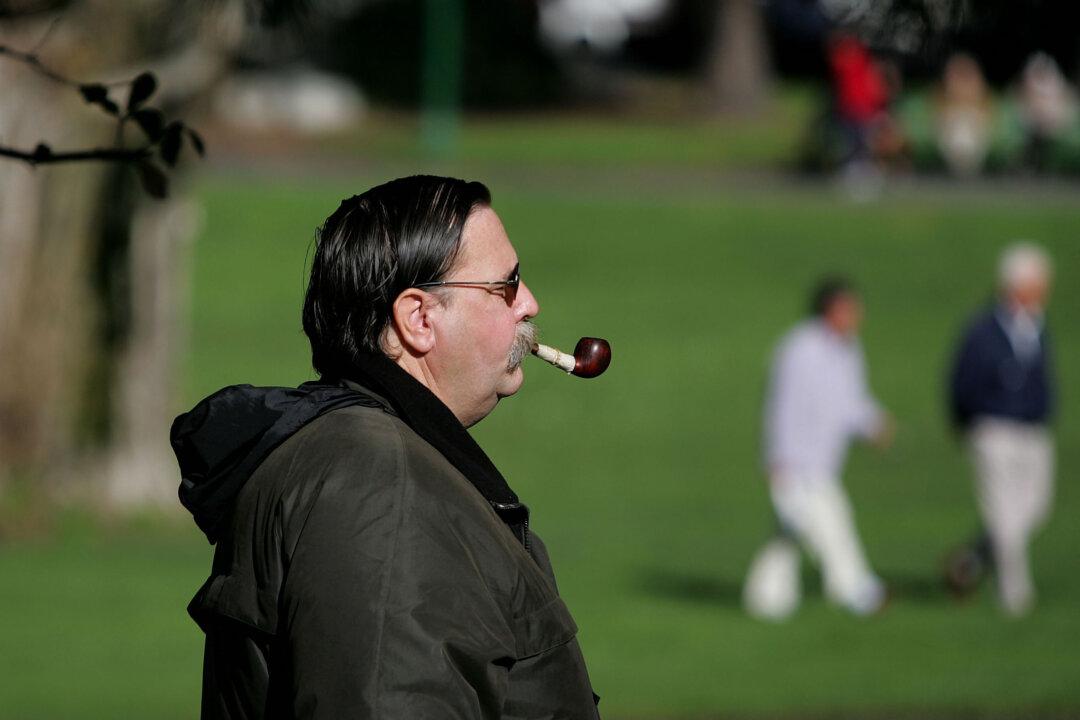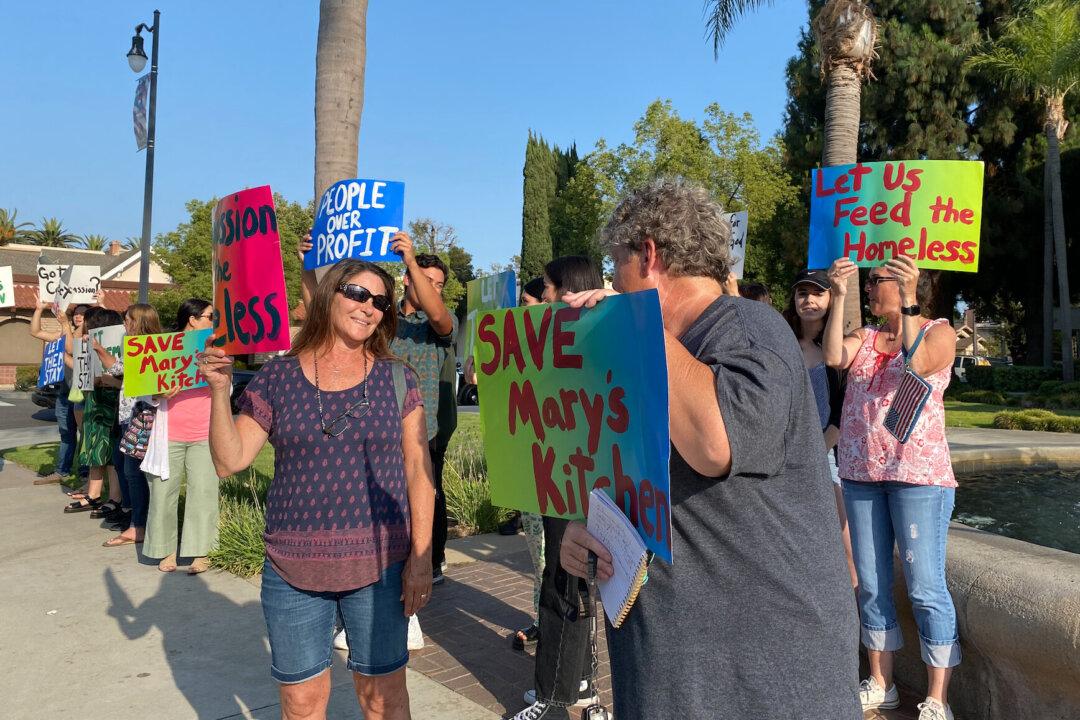The text of a new smoking ban law that will go into effect next year is nearly identical to a different bill that failed to become law this year. Meanwhile, some say the new law may not produce its intended effect.
The bill that successfully passed, Sen. Steven Glazer’s Senate Bill 8, shares the same name with the bill that failed, Assembly Bill 1718, authored by Asm. Marc Levine and co-authored by Asm. Lorena Gonzalez.





